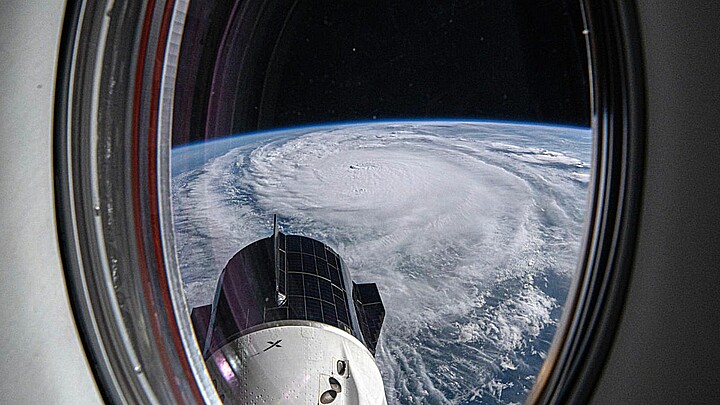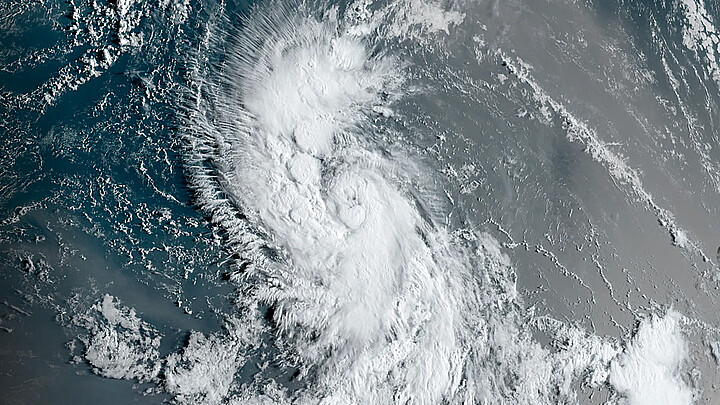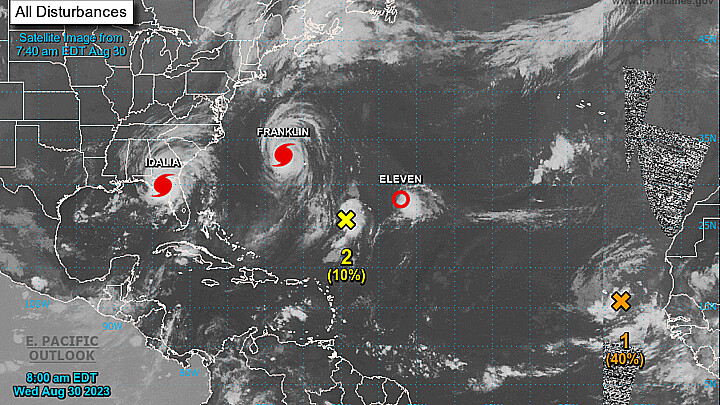Climate
South Florida ocean tops 100 degrees, possibly setting world record
The triple-digit reading could be a new global record for ocean temperatures, breaking the previous record of 99.68 set in the Persian Gulf, one of the hottest bodies of water in the world, experts say

July 26, 2023 8:55am
Updated: July 26, 2023 8:55am
Ocean temperatures in South Florida have surged to triple digits this week, possibly setting a world record, experts claim.
On Monday afternoon, a preliminary temperature reading from a buoy in Manatee Bay, Florida about 40 miles south of Miami, marked the water temperature at 101.1 degrees Fahrenheit, according to meteorologists.
The temperature reading would have made the waters near Manatee Bay as hot as a hot tub, which is usually set between 100 and 102 degrees Fahrenheit, according to the U.S. Consumer Product Safety Commission.
The triple-digit reading could be a new global record for ocean temperatures, breaking the previous record of 99.68 set in the Persian Gulf, one of the hottest bodies of water in the world, experts say.
While neighboring buoys are not reporting triple-digit water temperatures yet, they are reporting the water temperatures to be in the mid to upper 90s, as an extreme heat wave moves through the region. A buoy in Johnson Key recorded water temperatures of 98.4 degrees Fahrenheit on Monday.
The ocean temperatures have been increasing over the past decade, with 2022 being the ocean’s warmest year on record since the measurements began in the 1800s, according to NASA.
In addition to Florida’s potentially record-breaking temperature reading, temperatures in the North Atlantic and Mediterranean waters are breaking their records this week.
Currently, about 44% of the global ocean is experiencing a maritime heat wave.
The unprecedented ocean temperatures are expected to continue throughout September and may continue to be uncommonly high throughout the rest of the year, according to the National Oceanic and Atmospheric Administration.
The record-warm water temperatures around Florida have raised several alarms because they could be threatening the region’s coral reefs. Some scientists have claimed that the corals have already begun to bleach—a process in which the coral is starved out because it loses its main source of nutrition.










